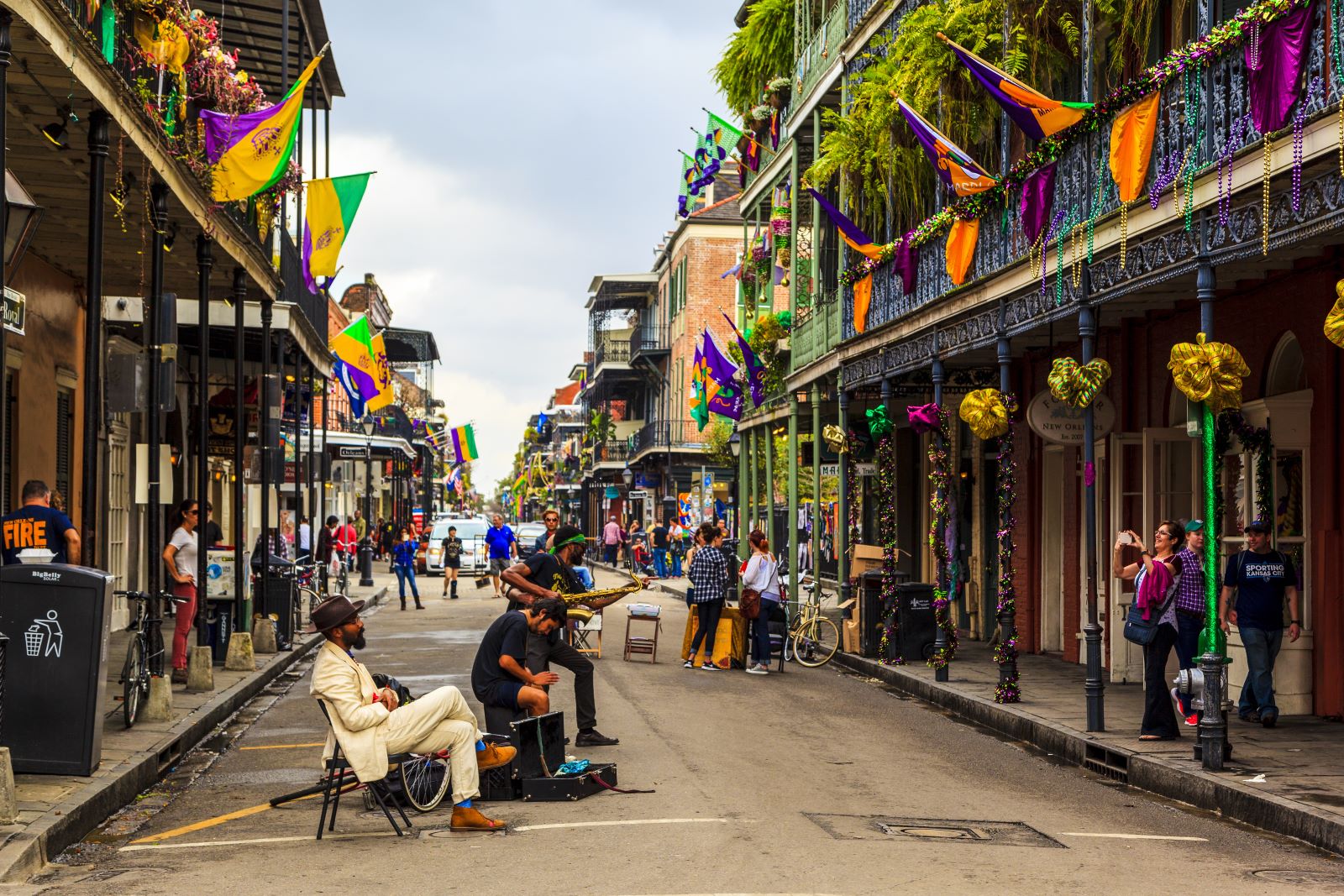Confederate Statues Removed: What’s the Real Impact
The debate over Confederate statues in the United States has prompted a national reevaluation of how history is commemorated in public spaces. How have different communities navigated this complex terrain, and what lessons can be learned from their experiences?
1. Promotes Healing and Inclusivity: Pro

Removing Confederate statues, as seen in New Orleans with the removal of four prominent Confederate monuments, has helped the city address historical injustices and foster a more inclusive atmosphere. This move was aimed at healing the divisions these statues symbolized.
2. Revises Public Space to Reflect Current Values: Pro

Baltimore’s overnight removal of multiple Confederate statues demonstrated a commitment to revising public spaces to align with contemporary values. The city chose to eliminate symbols of division and instead celebrate unity and progress.
3. Educational Opportunities: Pro

The removal of a statue of Robert E. Lee in Charlottesville sparked nationwide discussions on the Civil War’s legacy and racial issues in America. This process opened up educational dialogues that extended beyond the classroom into the community.
4. Reduces Glorification of a Traumatic Past: Pro

In Richmond, Virginia, the former capital of the Confederacy, the removal of various Confederate statues, including that of Jefferson Davis, marked a significant step in distancing the city from a past that glorified segregation and oppression.
5. Encourages Civic Engagement: Pro

The debate over the removal of Confederate monuments in cities like Dallas has led to increased civic participation, with community forums, council meetings, and public hearings allowing residents to engage in the democratic process.
6. Potential Loss of Historical Context: Con

Critics in Memphis argued that removing statues of Nathan Bedford Forrest and Jefferson Davis from parks could erase important historical context that is crucial for understanding the complexities of American history.
7. Cultural and Social Divides: Con

In cities like Charlottesville, the removal of Confederate statues has sometimes deepened social divides, leading to violent clashes and intensifying the polarization between different community groups.
8. Economic Costs: Con

The financial burden of removing Confederate statues, as experienced by New Orleans, can be substantial, involving legal battles, security measures, and the cost of physically removing and storing the statues.
9. Risk of Vandalism and Illegal Actions: Con

In Durham, North Carolina, the illegal toppling of a Confederate soldier statue by protesters highlighted the potential for vandalism and lawlessness spurred by the heated debate over these monuments.
10. Displacement of Focused Efforts: Con

Some argue that the focus on statue removal in places like Baltimore has diverted resources and attention from addressing more pressing issues such as crime reduction and economic development.
11. Historical Erasure Concerns: Con

In Lexington, Kentucky, the relocation of Confederate statues from the courthouse area raised concerns among some historians and residents about erasing uncomfortable but necessary parts of the local narrative.
12. Reinterpretation and Recontextualization: Pro

Atlanta has opted to add signage and context to its remaining Confederate monuments, aiming to educate the public about the full history of these figures and the era they represent, rather than removing them outright.
13. Legal and Political Challenges: Con

The legal battles over the preservation or removal of Confederate statues, as seen in states like Virginia and North Carolina, highlight the complex interplay of state laws, local ordinances, and public opinion in these decisions.
14. Impact on Tourism: Con

Cities like Charleston have faced debates on how the removal or alteration of Confederate monuments might affect tourism, particularly among those who visit for historical and educational purposes.
15. Preservation of Art and Craftsmanship: Con

In some cases, the artistic value of the statues, like the craftsmanship seen in the removed statues of New Orleans, has been cited as a reason to preserve rather than destroy these works.
16. Creation of New Memorials and Spaces: Pro

Following the removal of Confederate statues, places like Baltimore and Richmond have initiated discussions on creating new memorials that honor civil rights leaders and other figures who represent a broader and more inclusive historical narrative.
17. Strengthening Community Identity: Pro

The decision to remove or reinterpret Confederate statues often leads to a stronger sense of community identity and shared values, as communities decide together what they stand for and how they wish to be represented.
18. National Conversation on Race and History: Pro

The widespread removal and debate over Confederate statues have catalyzed a national conversation about race, history, and how America confronts its past, fostering a deeper understanding of these complex issues.
A Complex Issue

The removal and reinterpretation of Confederate statues in communities across the United States continue to evoke strong emotions and discussions. Whether through removal, recontextualization, or the creation of new memorials, these actions shape how history is remembered and understood, reflecting the evolving values and identities of American society.
Not All Tea Is Good for You: List of Teas to Avoid and to Stick To

Not all teas are healthy and some might actually harm your health with poor ingredients. But how can you tell the good from the bad? This guide aims to help you make informed choices without turning you into a tea expert overnight. Not All Tea Is Good for You: List of Teas to Avoid and to Stick To
America’s Spiritual Revolution: Turning Away from Christianity to Embrace Alternatives

As church attendance declines, Americans are exploring diverse spiritual paths, from stargazing druids to unconventional deities like Wi-Fi gods and extraterrestrials. Explore the quirky and sometimes controversial new religions capturing attention as people seek meaning beyond traditional Christianity. America’s Spiritual Revolution: Turning Away from Christianity to Embrace Alternatives
25 Must-Try Global Delicacies

From Bangkok’s bustling streets to Parisian cafes, every corner of the world offers something special for your taste buds. And you don’t have to travel far; even in the USA, you can find a world of flavors. Here are 25 global delicacies every foodie should try, including some local favorites! 25 Must-Try Global Delicacies
16 Affectionate Gestures to Keep the Romance Alive

Sustaining romance in a relationship needs deliberate actions and research-backed gestures to foster intimacy. Here are 16 evidence-based romantic gestures, with steps to integrate them into your relationship and revive the spark. 16 Affectionate Gestures to Keep the Romance Alive
21 Top Christian Attractions to Explore in the U.S.

The U.S. is rich in spiritual destinations, offering awe-inspiring sites for both believers and curious travelers. Explore the 21 most popular Christian attractions across the country, where architecture, history, and faith converge. 21 Top Christian Attractions to Explore in the U.S.
The post Confederate Statues Removed: What’s the Real Impact first appeared on Hello Positive Mindset.
Featured Image Credit: Shutterstock / Suzanne C. Grim.
For transparency, this content was partly developed with AI assistance and carefully curated by an experienced editor to be informative and ensure accuracy.






